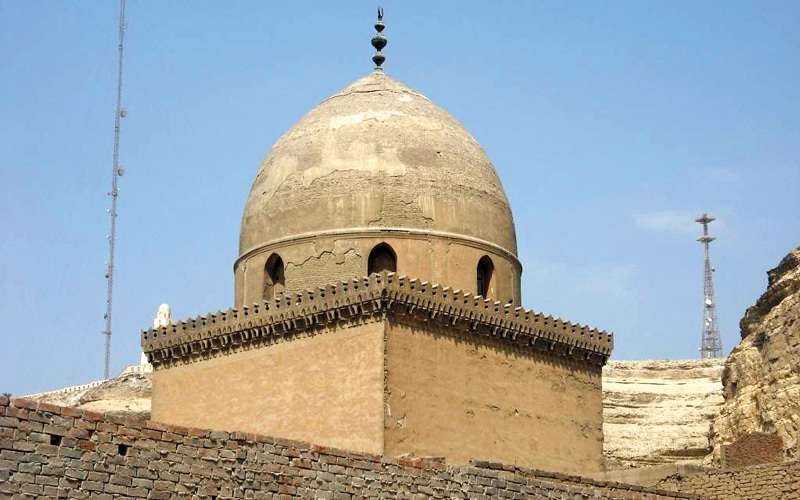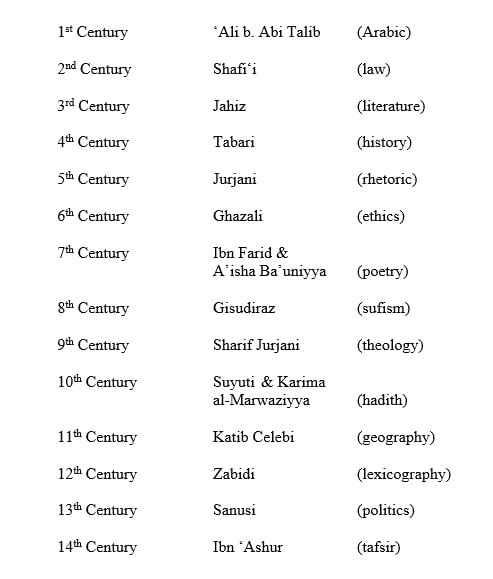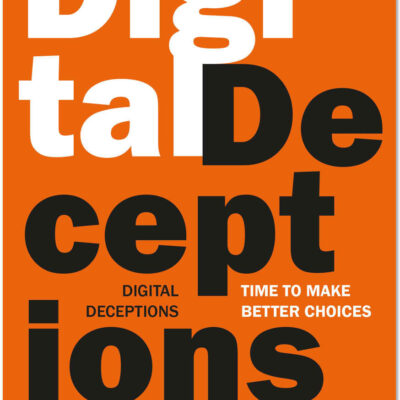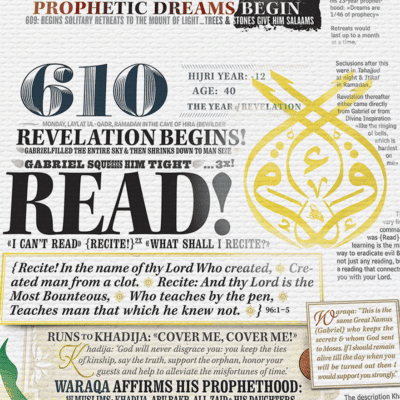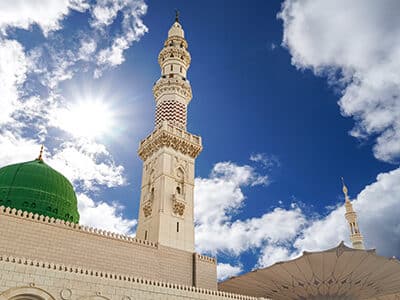A History of Islamic Civilization in 14 Lives – Dr. Ahmad Khan
USD$28.00 / month
- Teachers: Dr. Ahmad Khan
- Course Duration: Monthly Subscription
- Start Date: Saturday, September 28th
- Time: 5:00 PM GMT
- Bi-weekly live sessions
- Course Commitment: 14 lessons over 28 Weeks
- Monthly Subscription: By registering in this course you agree to Kiflayn charging your payment method monthly for this amount.
- The following subscription charge of $28 will be on November 1st.
- Gift this course to your loved one
A History of Islamic Civilization in 14 Lives
Dr. Ahmad Khan
We all have some vague idea of who Shakespeare, Columbus, Machiavelli, and Nietzsche were. We are familiar with the major books of Western Civilization. Yet the great thinkers and books of Islamic Civilization remain completely unknown to us: what do we know about Jahiz, Tabari, Karima al-Marwaziyya, Ghazali, Ibn Farid, Suyuti, Katib Celebi, Zabidi, and others?
This course provides students with an overview of Islamic Civilization from its first Hijri century (600s) moving through the Umayyads, ‘Abbasids, Seljuks, Mamluks, Mughals, Ottomans to the fourteenth Hijri century (1900s). Each week, we will examine one (though sometimes more than one) giant of Islamic scholarship and one discipline to which they made a lasting intellectual and moral contribution. The aim of the course will be to understand how these figures formed a ‘community of interpreters’ across the centuries, separated by time and century but united by an overarching intellectual, moral, and spiritual commitment to Islam as a living tradition and civilization—a tradition that continues to produce minds, hearts, and ideas to help navigate contemporary challenges.
At a glance:
- bi-weekly live sessions (presentation and Q/A)
- off-week readings, recordings and tasks for engagement
- explore the history of Islam through the lens of its greatest contributors
- easy monthly subscription to allow continued access
- sessions recorded and uploaded within 24 hours for review
14 Centuries and Their Figures:
Dr. Ahmad Khan (DPhil, Oxon) is a professor of Islamic Studies at The American University in Cairo (AUC). His research focuses on classical Islamic thought and civilization (tafsir, hadith, law, and Sufism), and he has published two books and several articles on these topics. His current projects include a book on Quranic exegesis and critical editions of several Sufi texts.
Prior to joining AUC, he worked at Oxford and Hamburg universities, and in 2022 he was appointed the Arcapita visiting professor at Columbia University in New York. Alongside his academic work, he studies the traditional Islamic sciences with scholars in Egypt.

